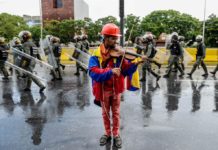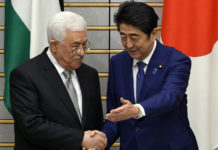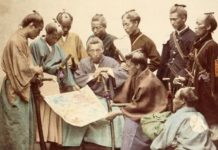Istanbul and Ankara were taken over by the forces involved in the coup. The Turkish National Broadcaster was forced to communicate to the nation that, successful coup has occurred.
And then the Turkish citizens saw their president doing an interview via FaceTime App from an undisclosed location. For a while, the rest of the world thought, it’s all over for President Erdogan. In fact, he was mocked for not being in control. Within minutes of Erdogan pleading to the people to take to streets, the message resonated and went viral on social media. The people indeed took to the streets and over ran the military forces overnight.
Erdogan making a statement via FaceTime. Doesn’t exactly scream “I’m still in charge” to me.
— (((Dan Hodges))) (@DPJHodges) 15 July 2016
iPhone & Facetime are more powerful than tanks #Turkey #failedcoup #Erdogan
— Husain Haqqani (@husainhaqqani) 16 July 2016
What really happened?
Including Erdogan, many leaders as well as people do not realise the power of social media. In the moment of crisis, when there were no TV cameras present, Erdogan took the chance with digital media and was able to mobilise public support in his favour within minutes. The pro-coup forces relied on the analog medium of National Broadcaster to communicate the message. In this modern age, the reach of analog mediums has highly diminished and pro-coup forces failed to keep that in mind.
People want instant information and they are seeking that information on social networks and instant messengers. The word is spreading much faster on digital medium than analog mediums. So, when the message is delivered over digital medium, people feel it more personal than on analog medium.
One wonders, what if pro-coup forces would have utilised social media to communicate the message? What if they had live-streamed the coup on Facebook and shared their thoughts to the world?







![CneE8CeXYAACbwU[1]](http://meccapost.com/wp-content/uploads/2016/07/CneE8CeXYAACbwU1-1068x601.jpg)


